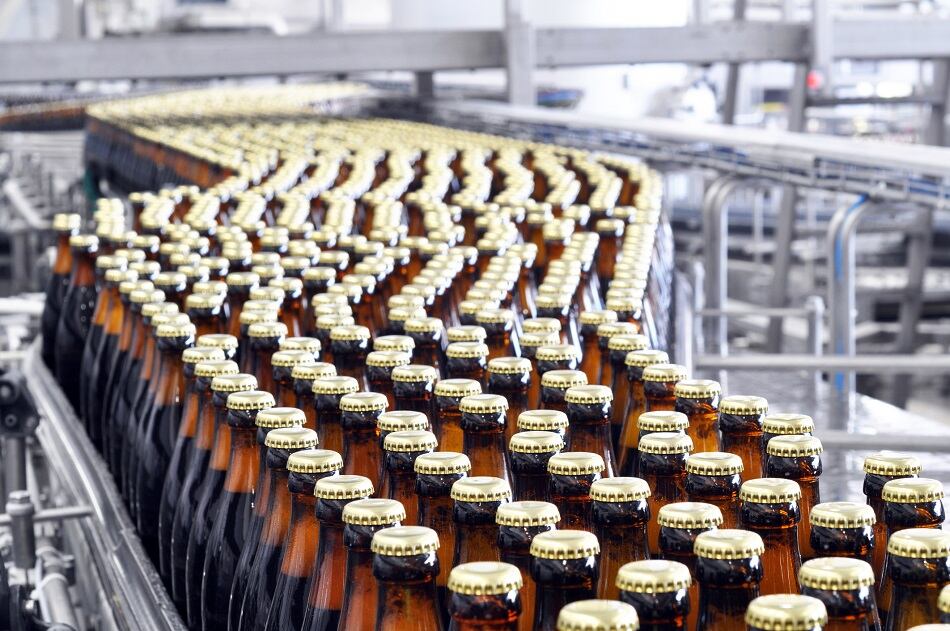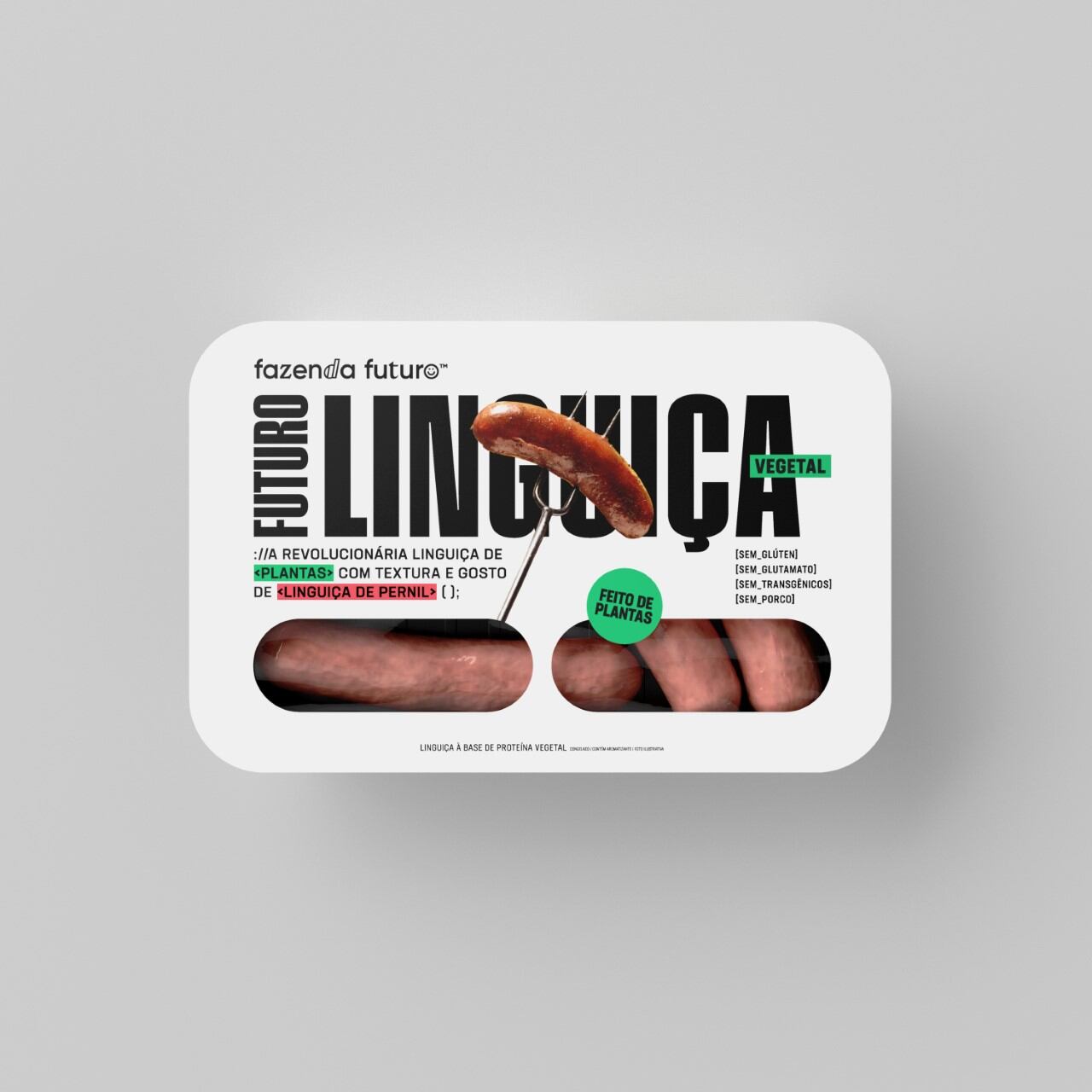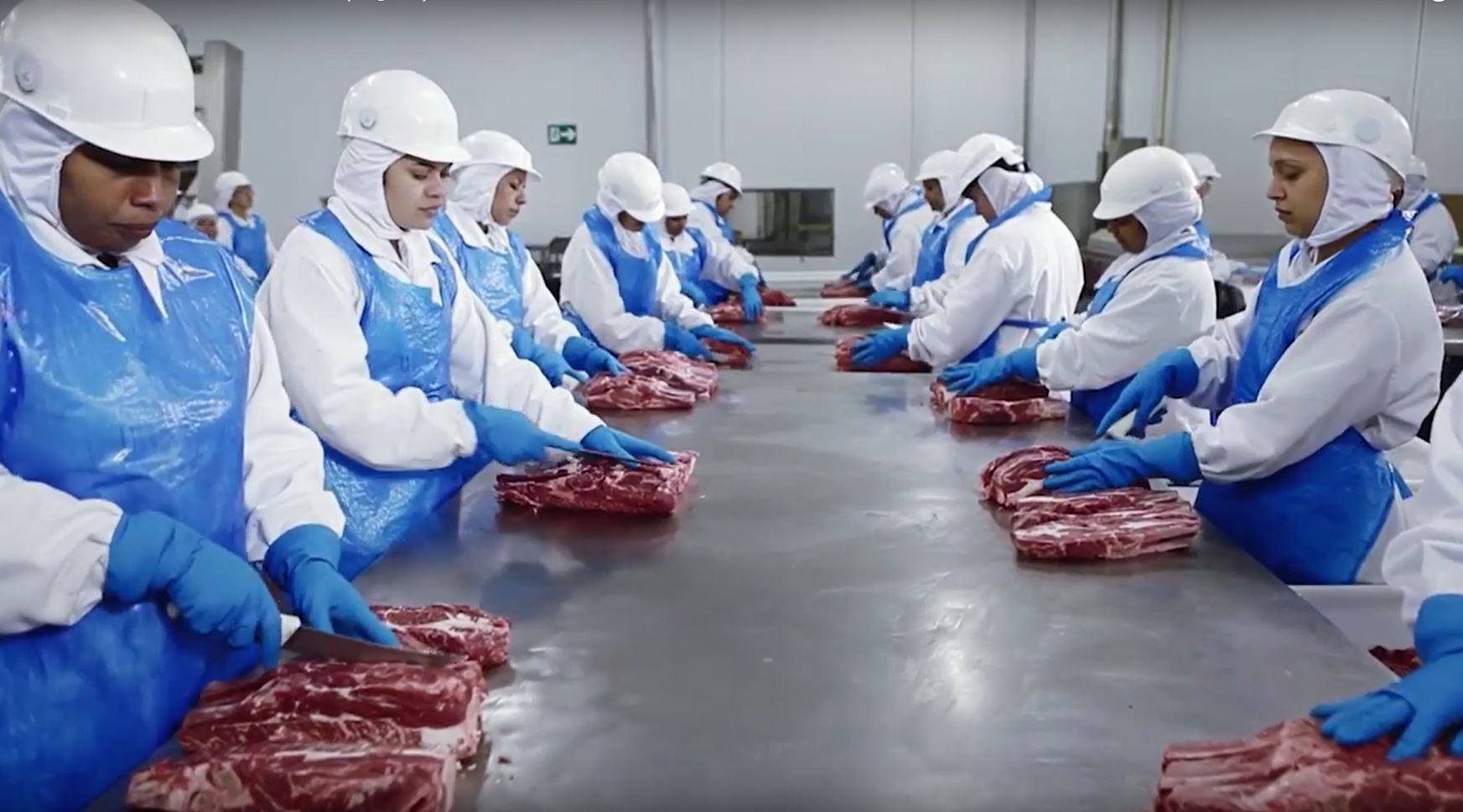The company operates in 19 countries throughout Latin America and Canada with a portfolio that includes over 30 brands of beer, soft drinks, tea, sports and energy drinks, juice and water. It is also one of the largest independent PepsiCo bottlers in the world.
“We have a series of goals focused on sustainability within Cervejaria Ambev, and one of them is a commitment to reducing carbon emissions by 25% along our value chain by 2025,” said Anderson Carneiro de Souza, specialist in energy and fluids at the Ambev Brewery.
As part of the commitment, Ambev partnered with Luming Inteligência Energética – a startup based in Rio Grande do Sol that develops energy generation solutions from biogas and natural gas – to implement Capstone microturbine technology from the US. It is the first project of its kind in Brazil.
Luming invested in and installed the prototype in the Águas Claras do Sul (RS) factory and has since fitted other units in three other breweries in the states of São Paulo and Paraná. Together, they produce 449,000 kwh of energy a month, the equivalent of planting more than 2,800 trees a year, Ambev says.
How the technology works
Luming Inteligência Energética developed, implemented and will operate the project, which harnesses the biogas emitted during the effluent treatment process of water used in production before returning it to nature.
“The microturbine in turn converts the biogas energy into electrical energy through clean combustion and without contaminants, being even less harmful to the environment,” Gabriel Trujillo, project manager at Luming told FoodNavigator-LATAM.
Instead of burning off the renewable biogas fuel, it is used as raw material to generate energy that Luming sells to Ambev to supply its production processes. This contributes to a negative carbon footprint and reduces the load and dependence on the power grid.
Luming says its business model solves the need for capital and simplifies systems management with solutions ranging from sale of the entire system and power unit rentals to reselling energy to third parties.
Trujillo explained that the technology can be applied throughout the supply chain and has immense potential in Brazil, where opportunities for reuse are wasted due to lack of capital and the technological complexity of the solutions.
“Replication in other units in Brazil and worldwide is now being analyzed. In addition, we are studying a new prototype for the energy use of biomass that generates biogas. What currently emits a series of gases in its transportation, in the future will become another source of energy in the factory process,” he said.




